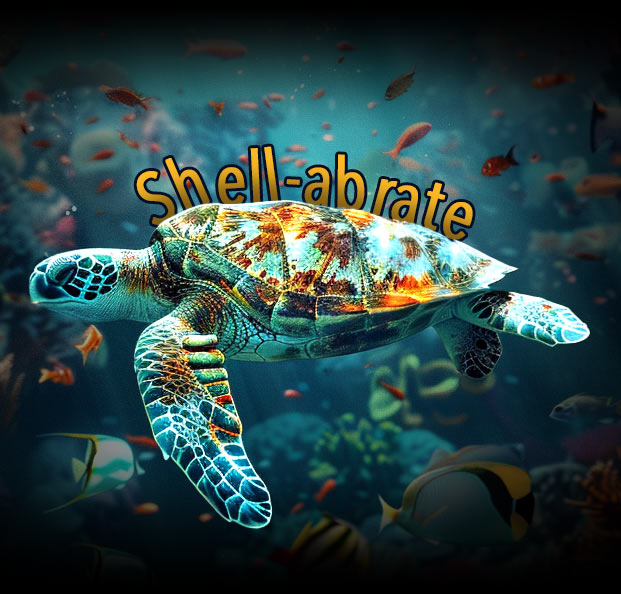Shell-abrate Responsibly: Oahu Sea Turtle Playdate Tours Etiquette!

Before we dive into the best spots to catch a glimpse of these majestic creatures, it’s essential to brush up on your sea turtle manners. Here are some golden rules to ensure we coexist respectfully with these endangered beauties:
How far do you have to stay away from sea turtles in Oahu?
Respect their space: Maintain a distance of at least 15 feet from both honu and honuʻea, allowing them unhindered access to and from the ocean.
Why is touching sea turtles illegal?
Hands-off policy: Remember, it’s against the law to touch sea turtles. Admire them from afar and resist the temptation to reach out.
Be a Turtle-Friendly Observer (TFO)
Avoid any behavior that might disturb or distress the sea turtles. Refrain from chasing them, swimming directly towards them, making loud noises, or offering them food.
No Flash Photography
Sea turtles are sensitive creatures, so ensure your camera flash is switched off when capturing their beauty. For stunning underwater shots, consider using a GoPro – available for complimentary rental at Turtle Bay’s Surf House.
By following these simple guidelines, we can all play a part in preserving and protecting these magnificent marine creatures for generations to come. Let’s make every encounter with sea turtles a safe and memorable one!
Why can’t you stand on Oahu’s coral reefs?
Stepping onto a coral reef in Oahu isn’t just a matter of etiquette; it’s essential for preserving one of the island’s most delicate ecosystems. Coral reefs are not just colorful underwater landscapes; they’re vibrant hubs of biodiversity, providing shelter and sustenance for countless marine species. In Oahu, where these reefs are particularly abundant and diverse, it’s crucial to raise awareness about the damage caused by accidental or intentional reef trampling.
When exploring Oahu’s coastal waters, whether snorkeling, diving, or simply wading along the shore, it’s imperative to watch your step and avoid contact with the coral reefs. Stepping on coral can cause irreparable harm, breaking off delicate branches and disrupting the intricate structures that support marine life. By practicing responsible reef etiquette, visitors and locals alike can help safeguard these precious ecosystems for future generations to enjoy and appreciate.

